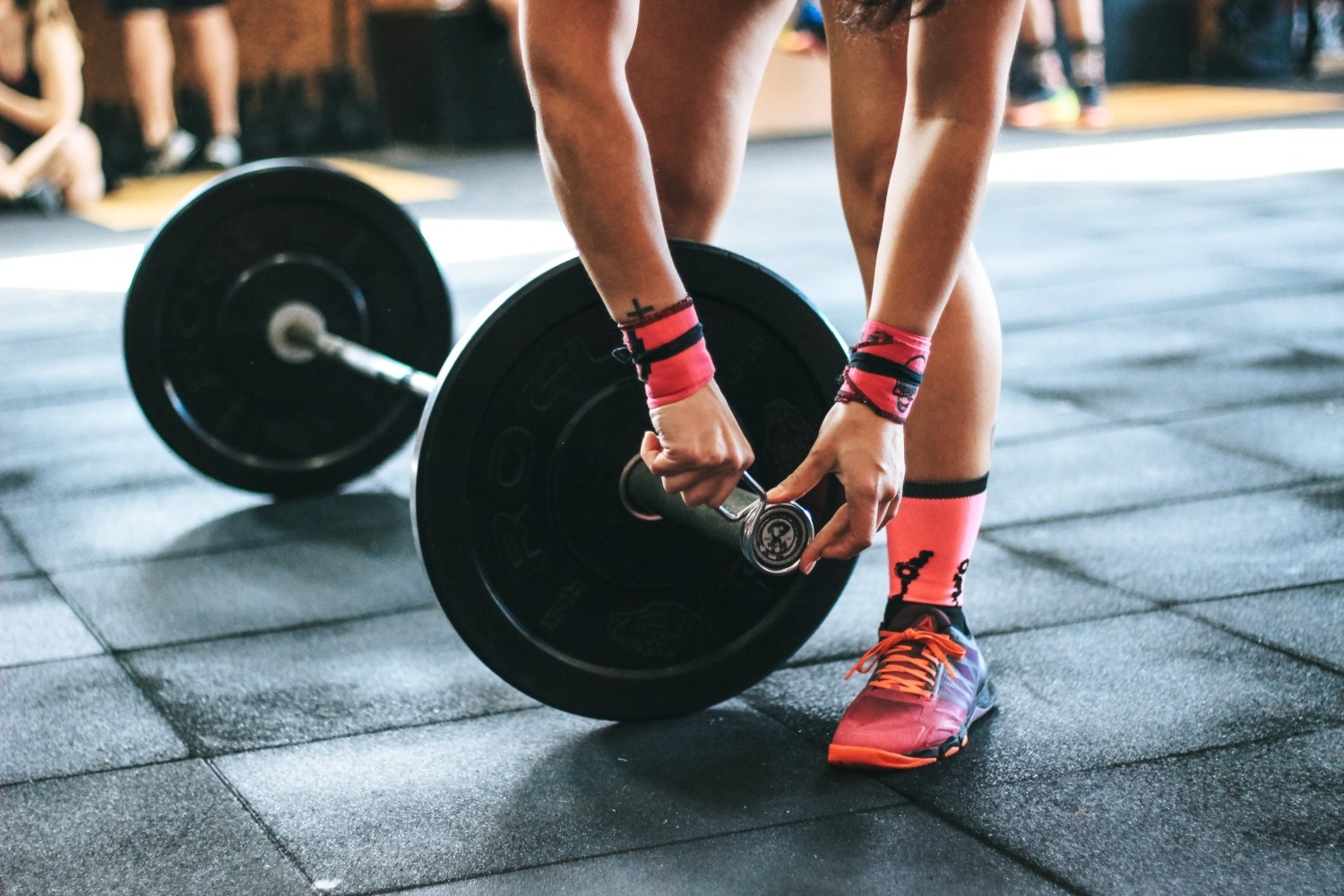
“Functional Training” is a big buzzword in the fitness world, but what does it actually mean? Functional exercises promote strength, coordination and injury prevention within the specific movements they target. While it sounds technical, functional training isn’t just for highly focused athletes – anyone interested in improving their flexibility, core strength, or progressing in their favorite activities can benefit from some functional exercises.
What Is Functional Training?
Training With Purpose:
Functional training focuses on the activities or movements you want to improve. Athletes looking to increase their running speed don’t need exercises that improve their grip strength.
Compound Movements:
Functional exercises usually involve working muscle groups rather than isolating one muscle. For example, if you’re a baseball player looking to improve your fastball, your trainer might recommend functional exercises that focus on hip and core flexibility as well as shoulder rotational strength.
Benefits of Functional Training
Better Performance:
By focusing on the movements and activities you want to improve, functional exercises help you develop greater fitness across all of the muscle groups that relate to those movements. This type of training helps your body work more efficiently and can help you attain your specific fitness goals.
Injury Prevention:
Injuries can sideline everyone from the professional athlete to the casual jogger. By promoting balance in tissue strength, functional exercises can reduce the potential for overuse or strain in any one muscle. They can also improve coordination and give you a better awareness of your movements, improving your ability to prevent injuries like overextension.
Add Functional Training to Your Routine
Compound Movements:
The key to functional exercises is engaging muscle and tissue groups, not individual muscles. Pull-ups are a great example of a functional exercise–they engage your hands, wrists, arms and core. Bicep curls aren’t a functional exercise, since they only work one muscle.
The following exercises can be part of a successful functional training routine. Remember to work with a trainer if you’re just beginning so you learn to perform each exercise safely.
Squats: Squats can be performed with or without weights. With a wide stance and a straight back, bend your knees to lower yourself about halfway to the ground. With a controlled motion, straighten your legs to move back to standing. Squats are great for lower body strength and core strength, and they can improve performance in activities like climbing stairs, weightlifting and running.
Lunges: Stand with one foot in front of you and the other behind you, about two or three feet apart. Bend your knees and lower yourself until your front thigh is parallel to the ground. Focus on keeping your balance and engaging your core and you slowly come back up. Lunges strengthen your legs and hips, encourage core strength and balance, and stretch your hip flexors. They’re great for runners and walkers, and anyone who sits for long periods of time.
Barbell Row: The barbell row strengthens your back, helping prevent injuries. It also works muscle groups in your legs, arms and abs. To do a barbell row, stand with a barbell on the ground in front of you. Bend down and grab the bar, then raise yourself partway up so your back is straight. Keeping your back steady, lift the bar up to your chest, then set it down in a controlled motion.
Incline Dumbbell Bench Press: This alternative to the traditional bench press targets specific parts of the pectoral muscles and improves shoulder strength. It benefits activities ranging from pitching to simply hauling heavy bags. To do this exercise, lie on an inclined bench with a dumbbell in each hand. Hold both hands above your head and lower the dumbbells slowly down to your chest.
A solid functional training routine starts with your unique goals and intentions. Talk with our trainers about your performance goals and we’ll help you develop a functional or sport-specific routine that is purposeful.